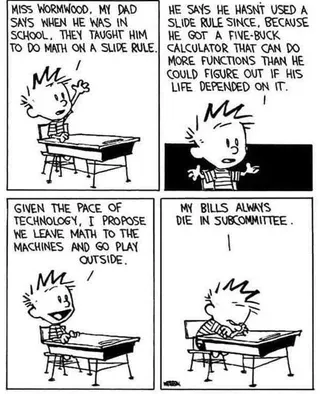Two Hospitals, a Smile, and the Future of Healing
The first was a busy tertiary institute where getting a slot or appointment was only possible by using my “medical professional status” and relying on friends who had done the groundwork before my visit. Yes, I use this status at times for personal benefit. 😔
But as I was waiting - to cut the line 😔 - with long queues of people around, there seemed to be a resigned, matter-of-fact look on the face of the person who led me in. Was this a regular occurrence? Queue-breaking healthcare professionals like me?
A state-run system created for fast-track curing and efficiency.
I didn’t do well with the treatment, probably because of a particularly stubborn bug - not because of the care or protocols.
So, five days later, I went to another place I knew better. I had friends there too. But this time, I decided to go like any other patient. I waited, unrecognized, until I was called in. Yet every few minutes, the nurse would come with a smile and say, “You will be called soon, just a few more minutes,” or “You are the next in line.” Was it my grey hair?
The doctor I saw was a senior, efficient lady. She worked with some old technology, but had a great smile behind her half-masked face. She chatted about why things hadn’t improved and what we could do next. She sent me to the procedure room, came in a few minutes later, did a clean-up, and explained what to do when the reports came in - since I wouldn’t be able to see her again.
It did cost me a few thousand rupees, but I have no complaints - it was needed. I left professionally assured, but also with a sense of happiness and contentment despite the financial hit.
A civil society-run system created for community and care.
And I started feeling better the very next day. I don’t want to stretch my imagination and attribute my healing to her smile - bugs retreat not by smiles alone! But the happiness and contentment I felt did seem to have a correlation.
There are a lot of studies on happiness these days. One well-known researcher is Sonja Lyubomirsky (sonjalyubomirsky.com). An intriguing finding from her research involves time and focus.
She divided participants in a gratitude study into two groups. One was instructed to count their blessings three times a week (every Tuesday, Thursday, and Sunday), while the other did so just once a week (every Sunday night). Surprisingly, the second group reported higher happiness levels at the end. Lyubomirsky speculated that the thrice-weekly group became bored, seeing the task as a chore, while the once-a-week group found it fresh and meaningful.
A similar pattern emerged in her studies on altruism. Two groups performed five acts of kindness each week for six weeks. The first group could do them anytime, while the second group had to do all five on one specified day. Only the second group became happier.
(As quoted in Jonathan Sacks, Morality: Restoring the Common Good in Divided Times, p. 113, Kindle Edition.)
Does this mean if I regularly visit the second doctor, my happiness would wear off? Maybe. But if she treats every patient with the same smile and care, many will likely leave with the same sense of contentment I did.
I’m welcomed by an AI-enabled voice. A remote team responds through the system. A robotic arm, supported and guided by a healthcare technician, performs the clean-up and advises a review in five days. My health insurance covers 10% of the cost (since I’m beyond the eligibility age), and I pay the rest using the chip-enabled payment system on my hand.
An AI-created system for convenience and independence.
Jonathan Sacks writes:
“The state is about power. Families and communities are about people. They are about personal relationships and lifting one another from depression and despair. When these are lost from civil society, they cannot be outsourced to the state. The state is and must be impersonal. Therefore, it cannot help when the damage is deeply personal.” As quoted in Jonathan Sacks, Morality: Restoring the Common Good in Divided Times,)
AI and technology are about me and my convenience - with minimal human interaction and fewer chances of error.
But when state and civil society are both replaced by AI in healthcare - a system created to reduce human engagement and standardize care - will I still feel happy? I wonder.
As Devi Sridhar reminds us, good health is a collective responsibility:
“We need to live in a world where health is a collective responsibility, not an individual one. This means supporting policies that make us all healthier—and politicians who prioritize the conditions for good health…”
Not just AI, efficiency, and curing alone - "but conditions for good health: nutritious food, especially for children; active cities; clean air policies; preventive healthcare; public provision of water" - all with a smile.
(Read Devi Sridhar in The Guardian, June 7, 2025)
I need to smile more.







Comments
Post a Comment